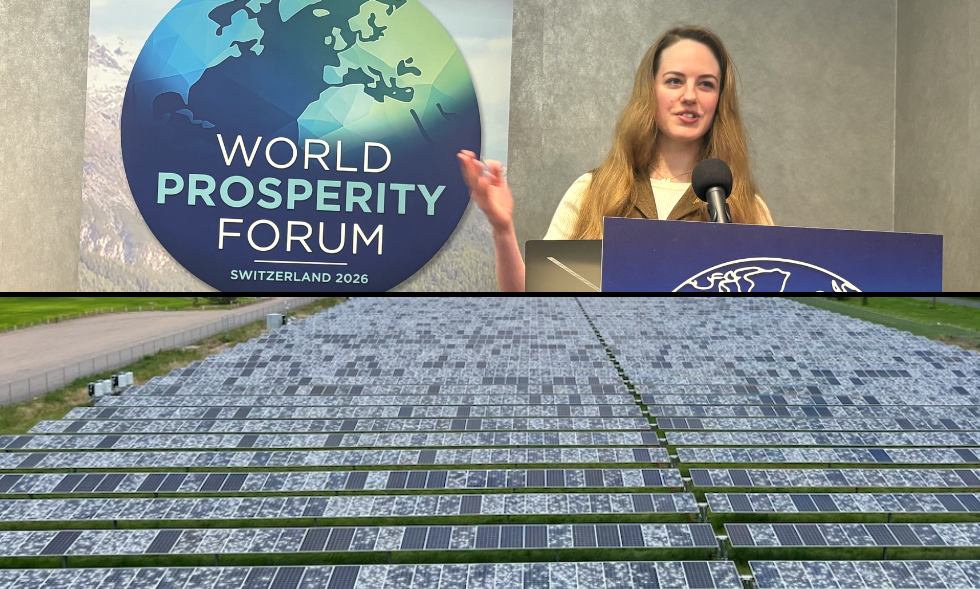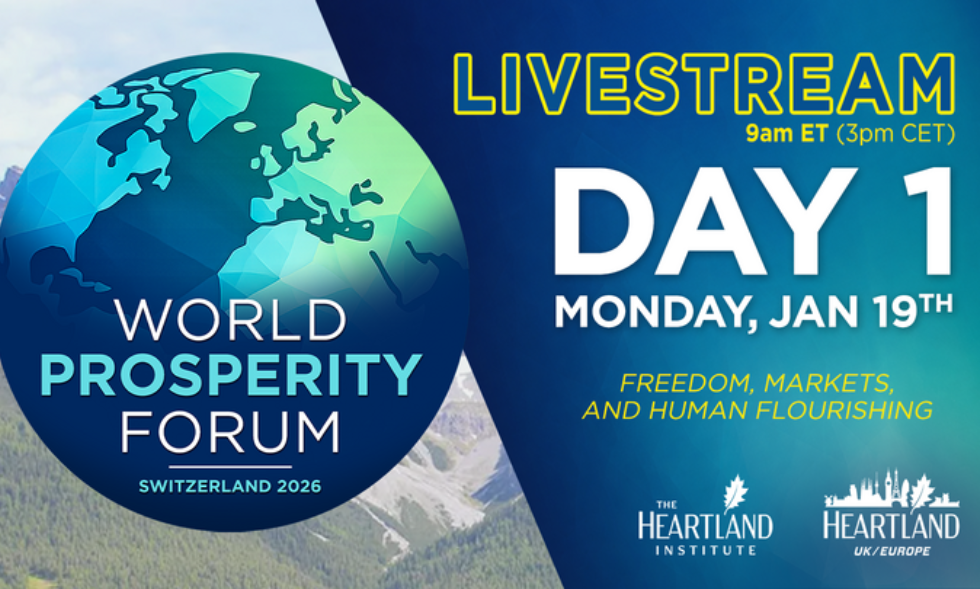1. Misuse of science is a widely recognized problem.
The misuse of science is not a new problem, nor has it escaped the attention of others. Over two decades ago, authors began writing books about the misuse of, and deliberate disregard for, science in politics and popular culture. Those authors included John Maddox (The Doomsday Syndrome, 1972), M.J. Greyson and T.R. Shepard (The Disaster Lobby–Prophets of Ecological Doom and Other Absurdities, 1973), Herbert Meyer (The War against Progress, 1979), Edith Efron (The Apocalyptics: Cancer and the Big Lie, 1984), and Elizabeth M. Whelan (Toxic Terror, 1984).
2. Misuse of science in the debate over air pollution.
The Clean Air Act, originally passed by Congress in 1963 and amended in 1970 and 1990, has compelled manufacturers to spend hundreds of billions of dollars on emission controls. Yet at the time the legislation was passed, the data did not support popular perceptions that air quality was deteriorating. In fact, the data showed just the opposite: Air quality was already improving significantly before clear air legislation was enacted. Air Quality Standards (AQSs) were set through a political process in which science played only a small role.
3. Misuse of science in the debate over stratospheric ozone.
The debate over what effects man-made chemicals called chlorofluorocarbons (CFCs) have on ozone in the earth’s stratosphere is a showcase for the misuse of science. Conventional wisdom says CFCs will cause a 5 percent decline in stratospheric ozone during the next 50 years, resulting in a 12 percent increase in the incidence of skin cancer. But the conventional wisdom ignores three scientific facts:
- The predicted increase in skin cancer due to ozone depletion is so small that it is equivalent to moving just 60 to 75 miles south–or, for example, from Milwaukee to Chicago.
- Increased ultraviolet (UV) radiation would have beneficial effects on human health that would outweigh its negative effects. A decrease in the depth of the ozone layer could prove to be a net health benefit.
- Experiments that purport to show plant damage caused by higher levels of UV radiation typically show only that current levels of UV are more harmful than reduced levels.
4. Misuse of science in the debate over global warming.
Many scientists doubt whether global warming is occurring or, if it is, that human activities are responsible. These scientists are aware of the following facts:
- The models that predict global warming have failed to accurately predict past climate trends.
- The models dramatically overestimate the extent to which the oceans would grow warmer.
- Natural variability in the Earth’s climate easily exceeds recent global temperature trends.
5. Epilogue
One would hope that, in an educated and sensible society, such obvious examples of the failure to use the principles of scientific analysis and logic would be recognized, brought to the attention of the science misusers and the public, and eliminated. But that has not been happening.
In the cases of air pollution, ozone depletion, and global warming, government bureaucrats and small cliques of politically active scientists remain in their jobs and look busy even though scientific principles and common sense show their work to be irrelevant. They are helping to implement public policies that are not based on sound science, that impose tremendous financial costs on hundreds of millions of people, and that may endanger the lives of billions of people around the world.
Based on Heartland Policy Study #70, “The Misuse of Science in Environmental Management,” by Dr. Hugh W. Ellsaesser. Printed copies are available from The Heartland Institute for $10.00 each. can also download the full text, free of charge, in Adobe’s PDF format; click here.
Copyright 1995 The Heartland Institute. Nothing in this Executive Summary should be construed as reflecting the views of The Heartland Institute, nor as an attempt to aid or hinder the passage of any legislation. Permission is hereby given to reprint or quote from this Executive Summary; please send tearsheets to The Heartland Institute, 19 South LaSalle Street, Suite 903, Chicago, Illinois 60603.
Questions? Call us at 312/377-4000; fax 312/377-5000; email [email protected]; Web www.heartland.org.


